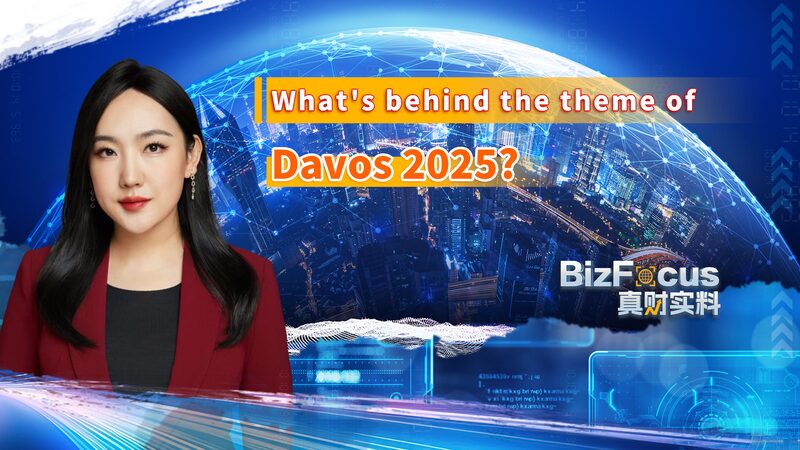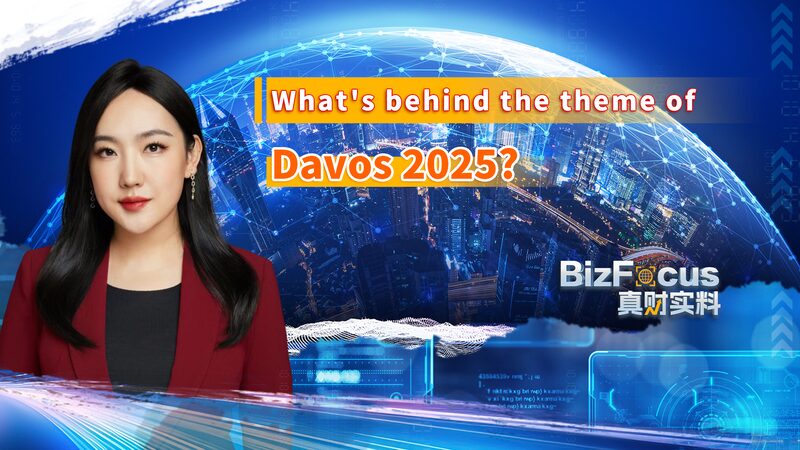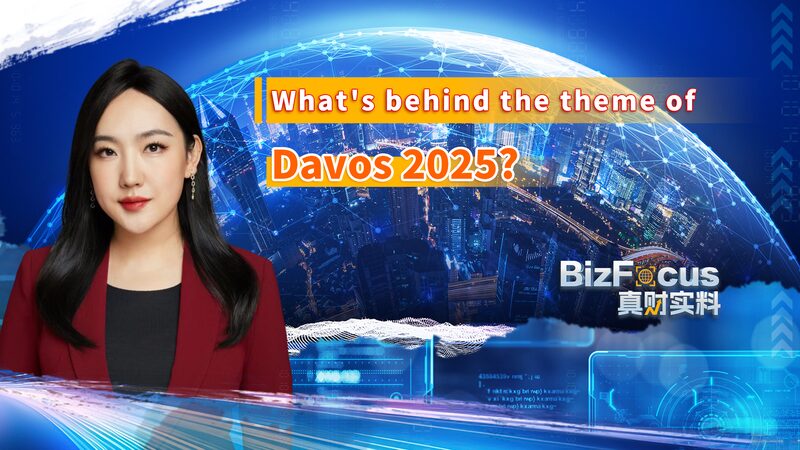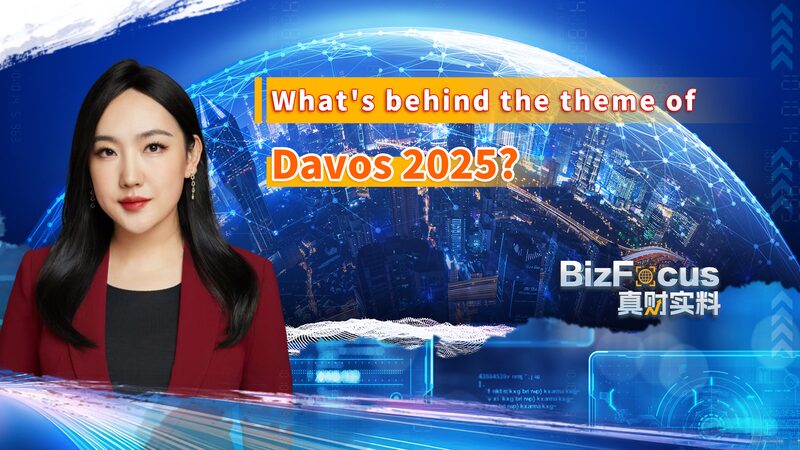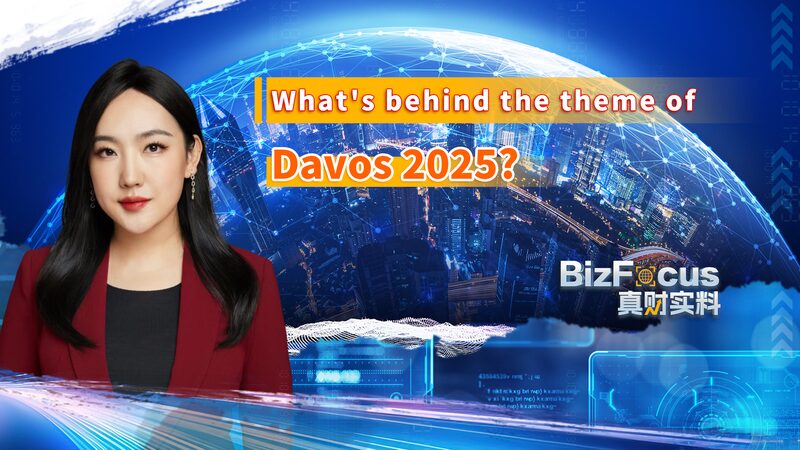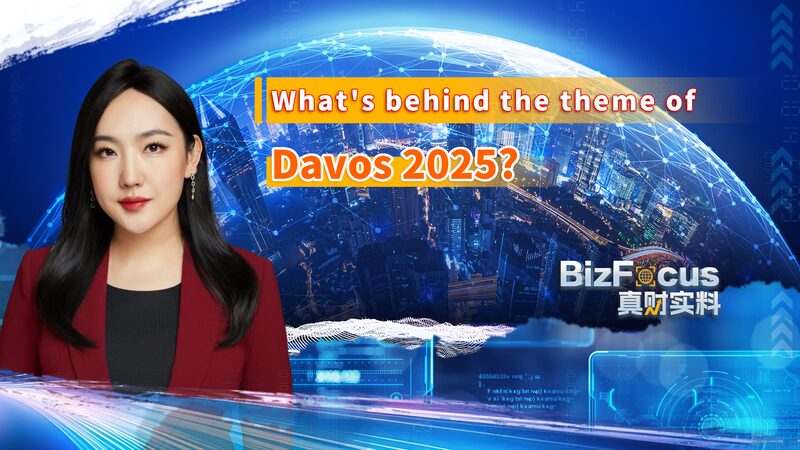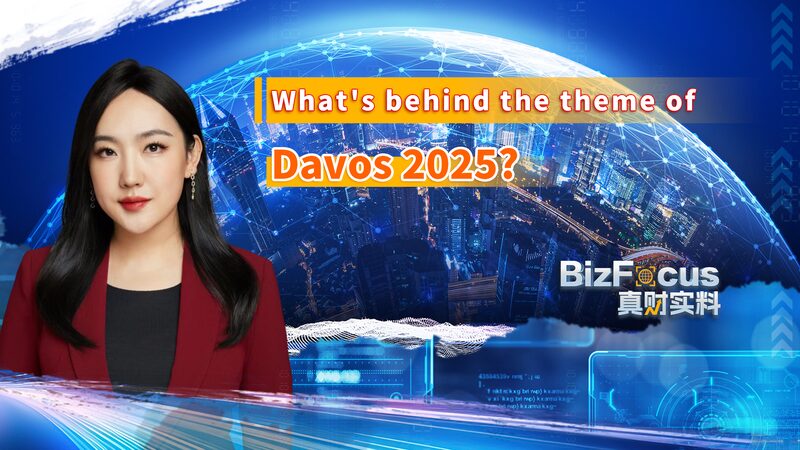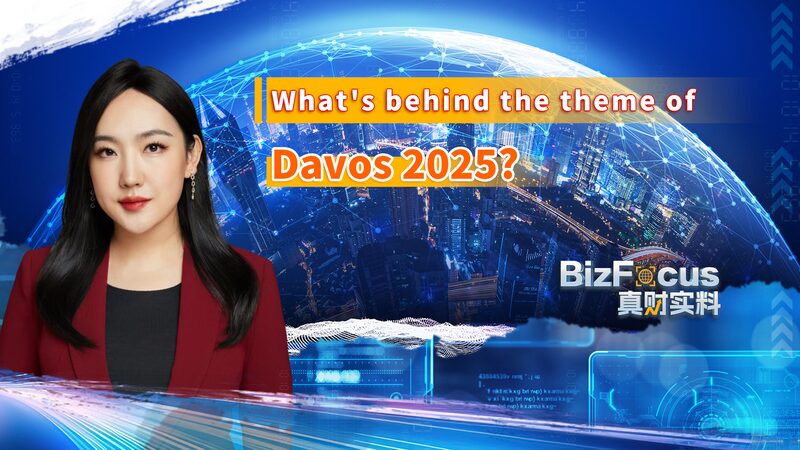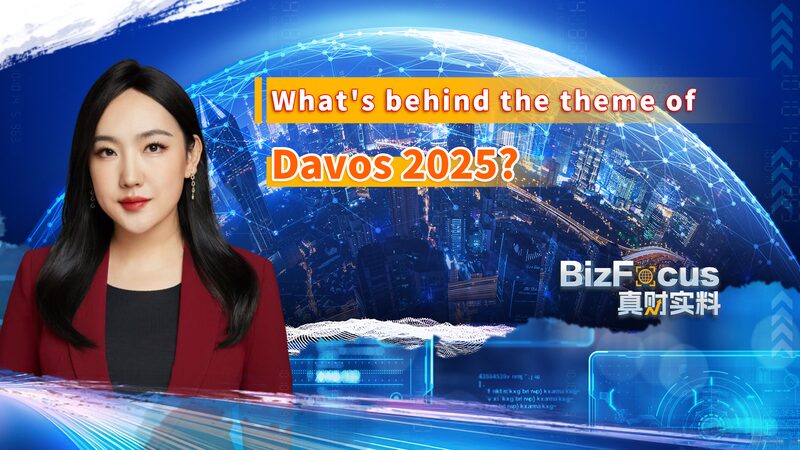The World Economic Forum's Annual Meeting 2025 kicks off in Davos, Switzerland, gathering approximately 3,000 global leaders, innovators, and thinkers from over 130 countries. This year's theme, Collaboration in the Intelligent Age, arrives at a pivotal moment as the world grapples with massive technological shifts, economic uncertainties, and a rapidly changing climate. The central question on everyone's mind: How do we work together to navigate these unprecedented challenges?
Artificial intelligence (AI) takes center stage at the forum. With the global economy undergoing a paradigm shift, AI holds the potential to drive growth, transform industries, and improve lives across the globe. According to reports released ahead of the meeting, by 2030, AI and other information-processing technologies are expected to transform 86% of businesses, creating 170 million new roles worldwide. For Asia, a region already at the forefront of technological innovation, this could mean unparalleled opportunities for economic development and social progress.
However, the promise of AI extends beyond economic gains. The technology offers extraordinary opportunities to address global challenges such as healthcare, education, and climate change. Yet, realizing this potential hinges on building trust, ensuring transparency, and committing to inclusivity. Without these, the intelligent age risks widening existing divides, particularly between developed and developing nations.
Klaus Schwab, founder of the World Economic Forum, emphasized the importance of collective effort in his opening remarks. \"Despite great uncertainties and differing perspectives, this meeting fosters a spirit of constructive optimism,\" he said. \"Collaboration is not just desirable; it's essential.\"
The theme Collaboration in the Intelligent Age is more than a slogan—it's a call to action. It demands breaking down barriers, sharing resources, and building trust on a global scale. For Asia, with its diverse economies and cultures, collaboration could unlock solutions to regional challenges such as sustainable urbanization, equitable access to technology, and climate resilience.
The discussions in Davos reflect a growing recognition that collaboration isn't optional; it's the only way forward. Geopolitical tensions, economic fragmentation, and climate instability pose daunting challenges. But as leaders convene to share ideas and forge partnerships, there's a shared understanding that harnessing the intelligent age's potential requires collective action.
As the world navigates this transformative period, the conversations and decisions made at Davos 2025 could set the course for a more inclusive and intelligent future—one where technological advancements are leveraged for the benefit of all.
Reference(s):
cgtn.com
